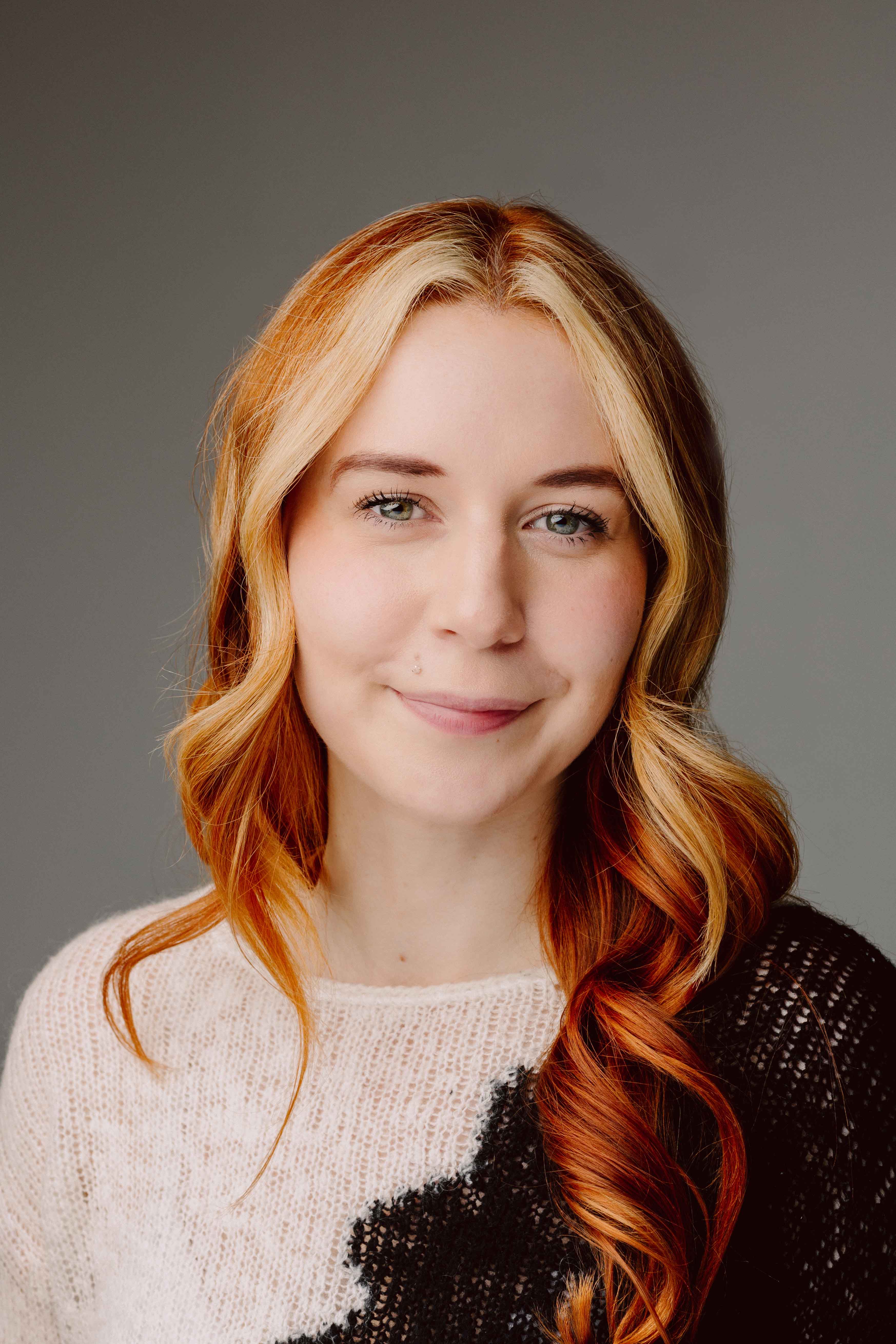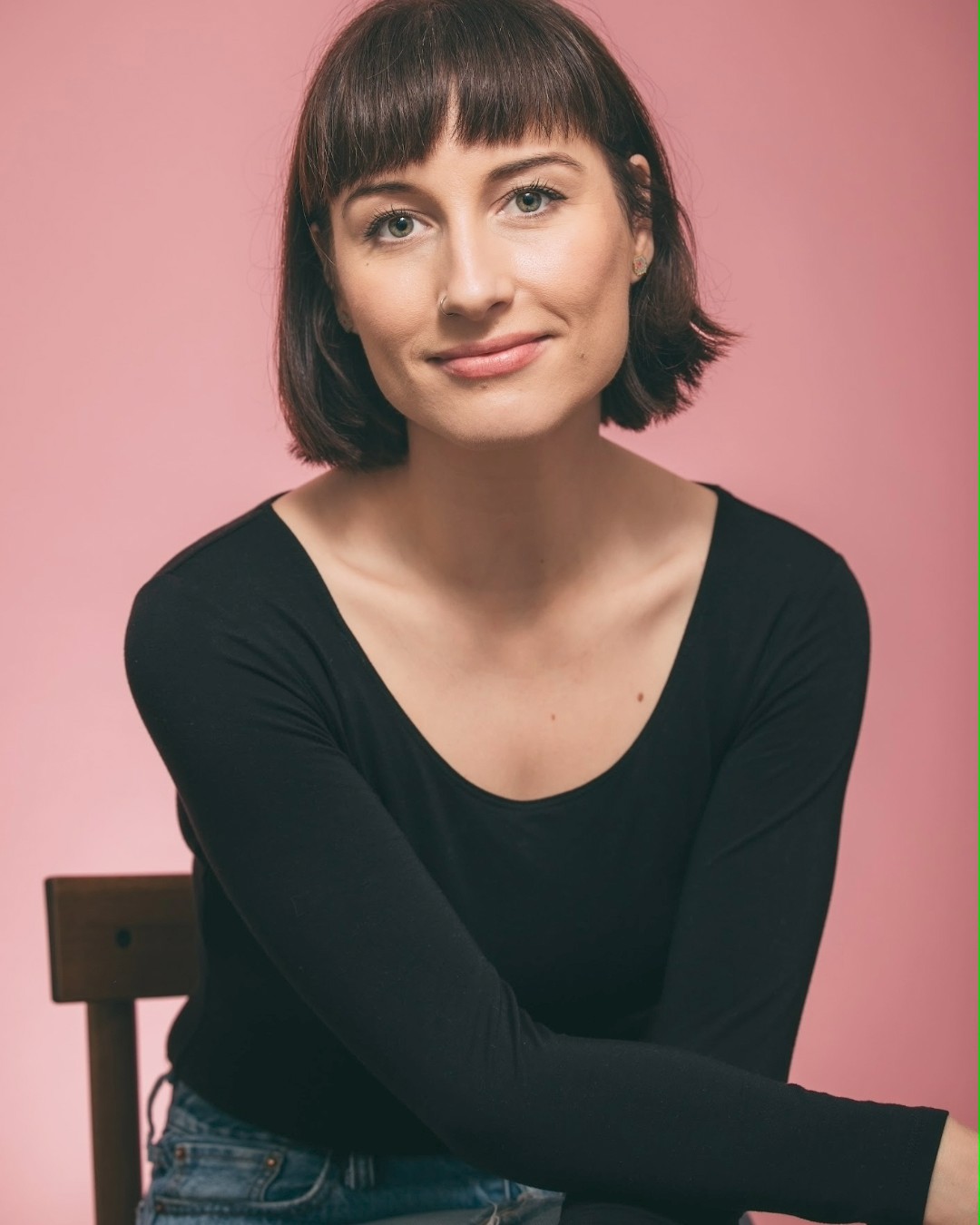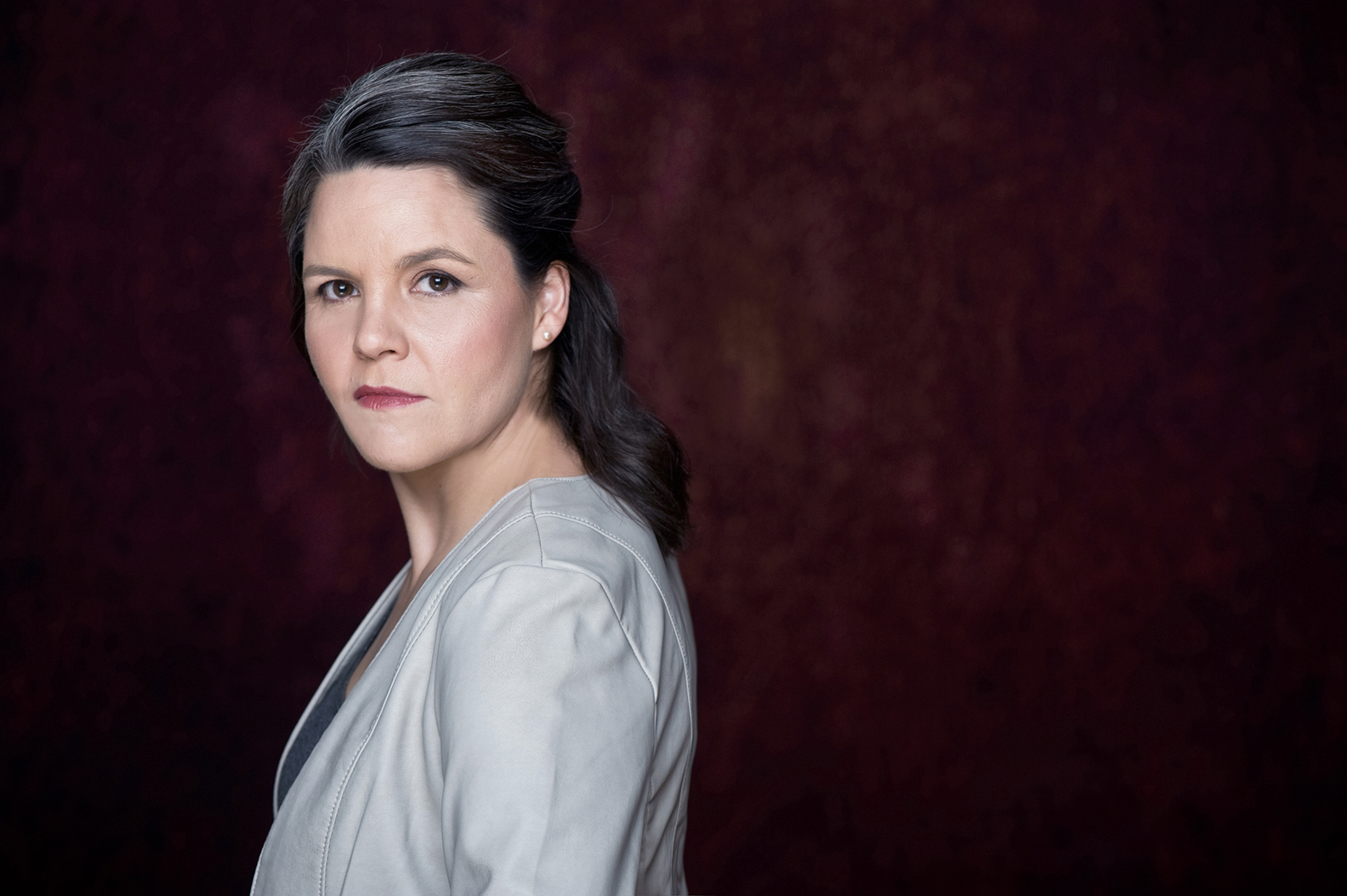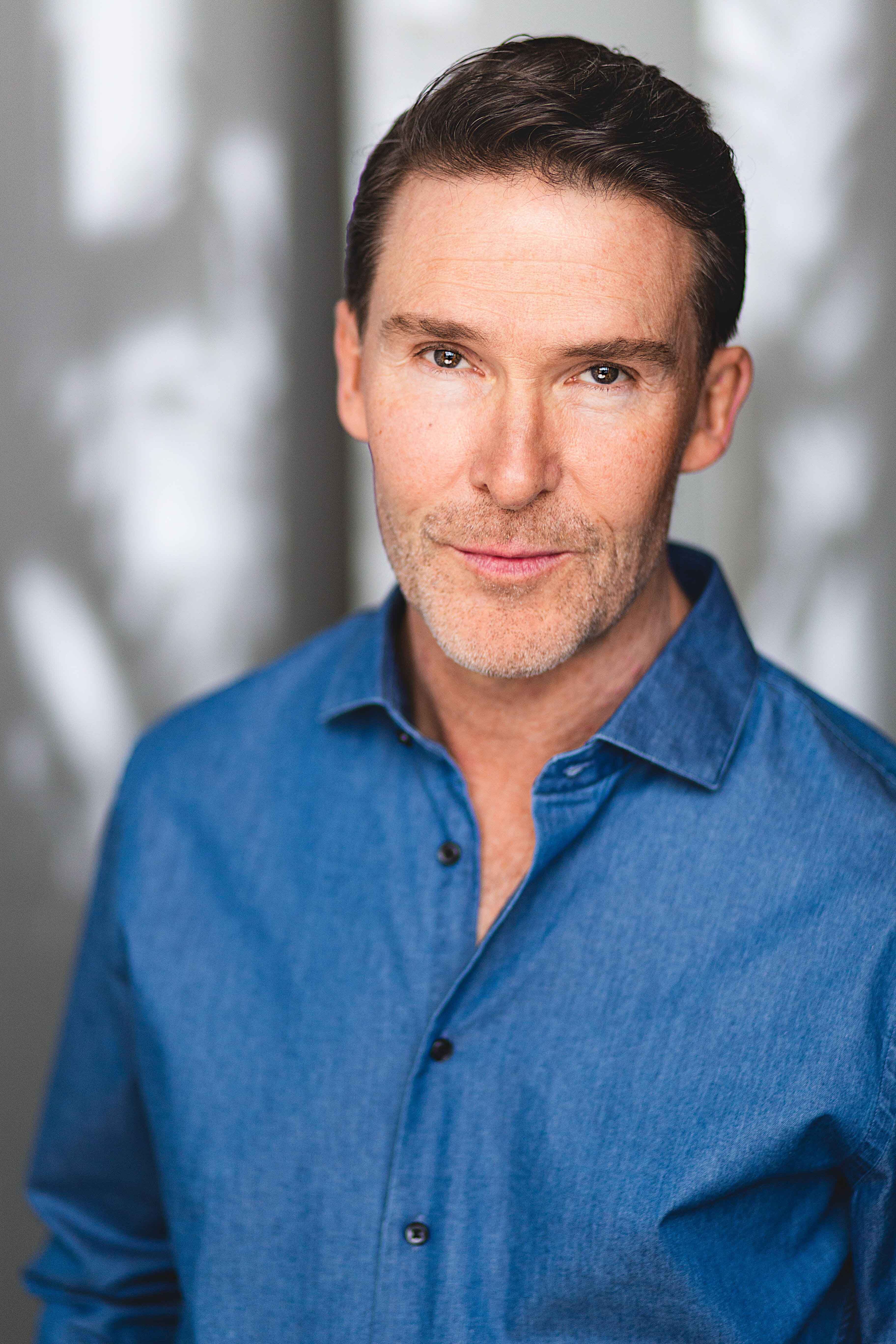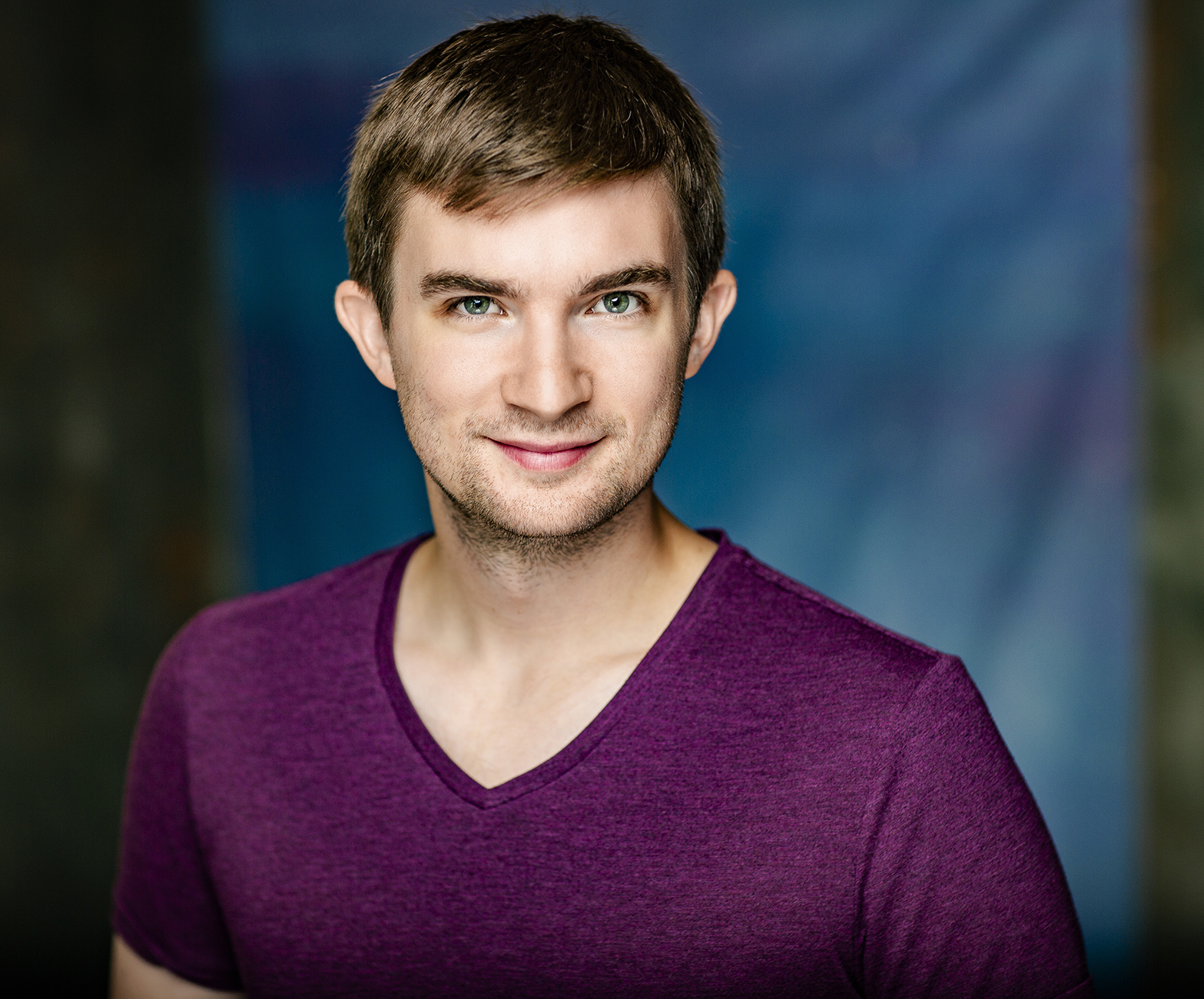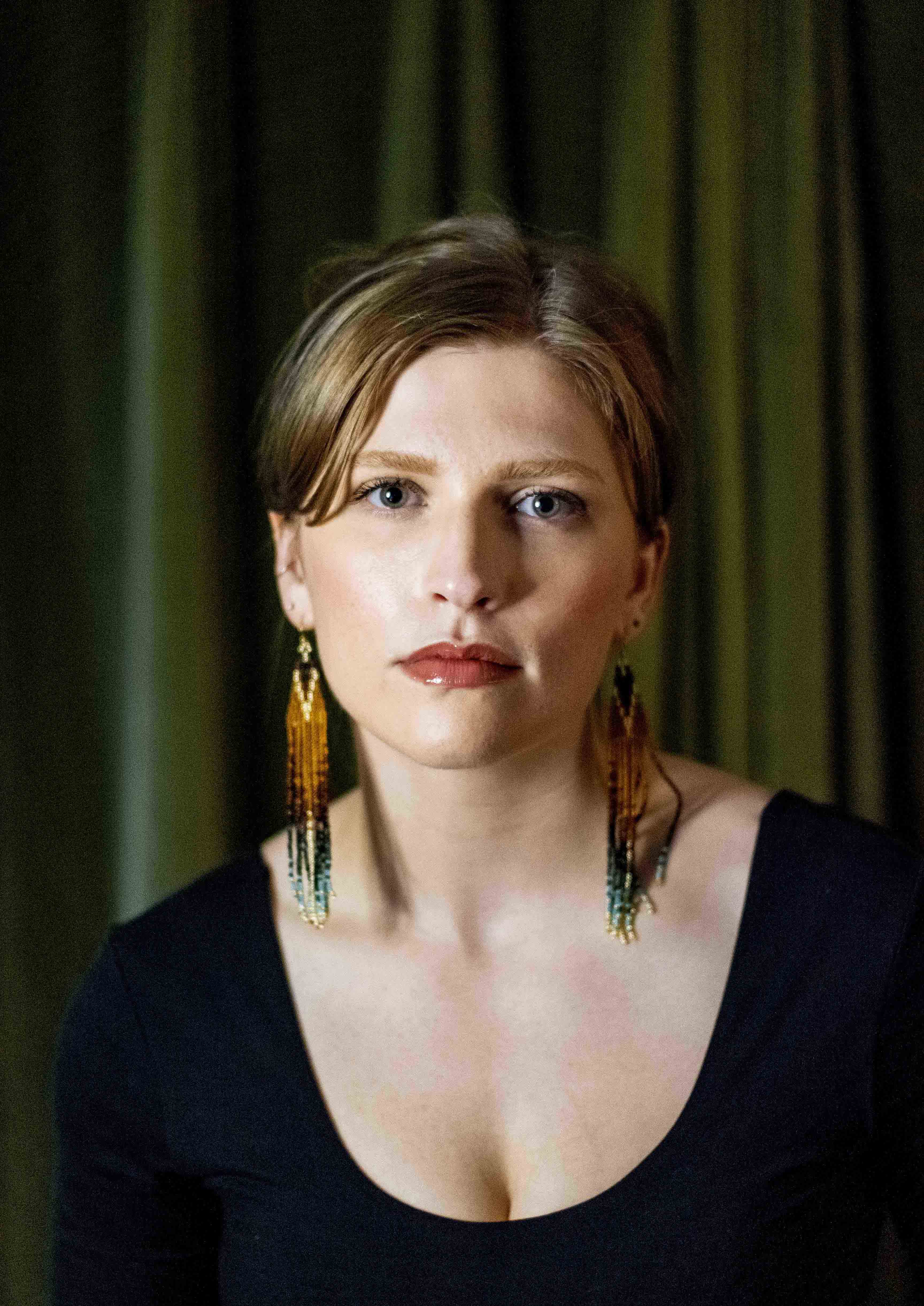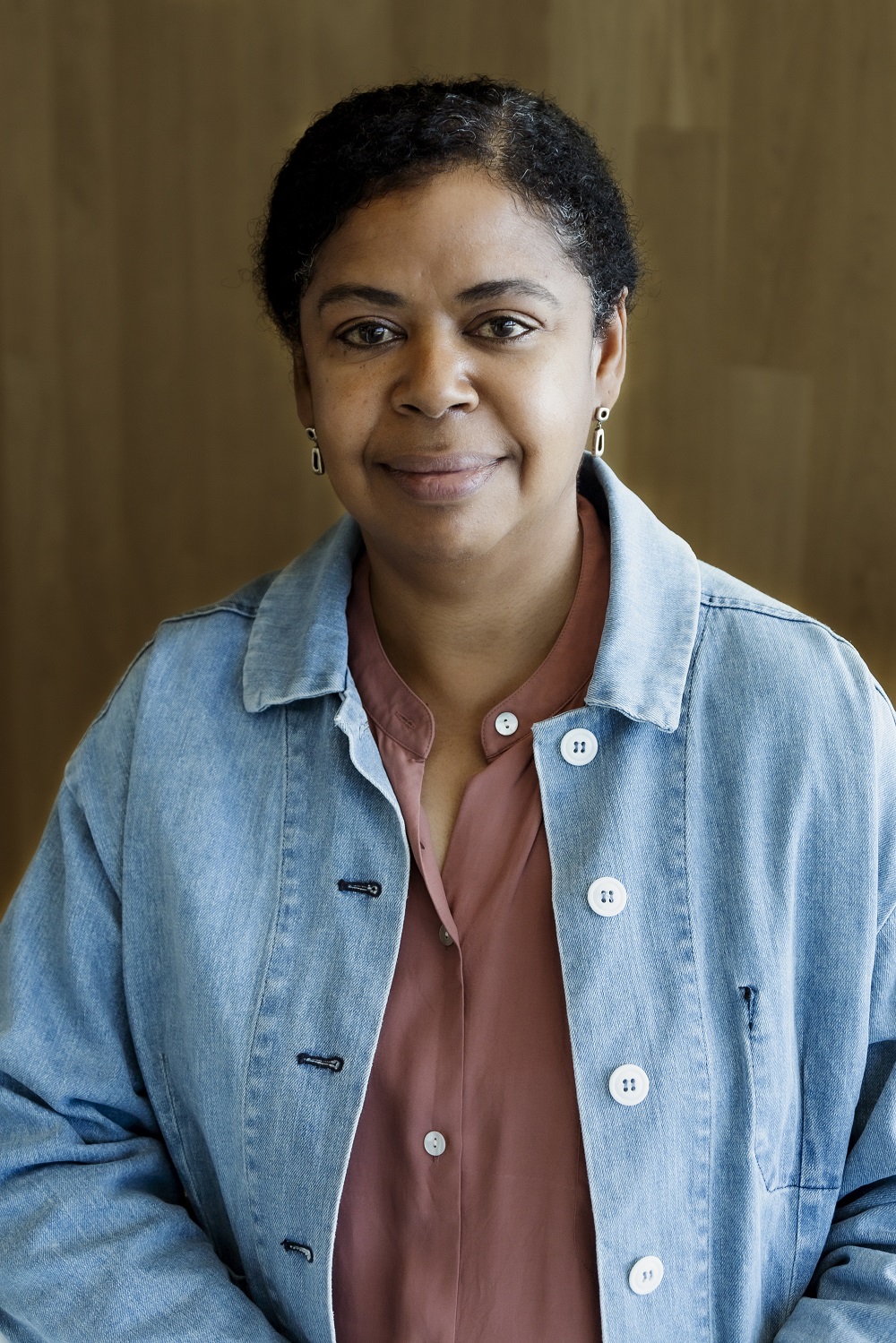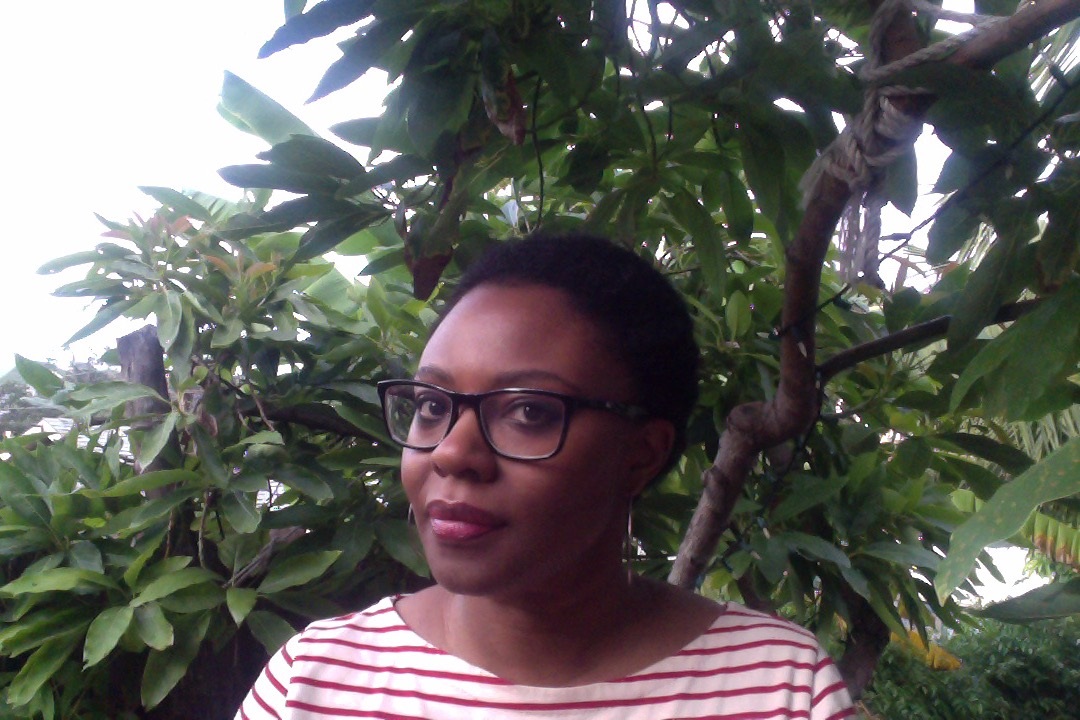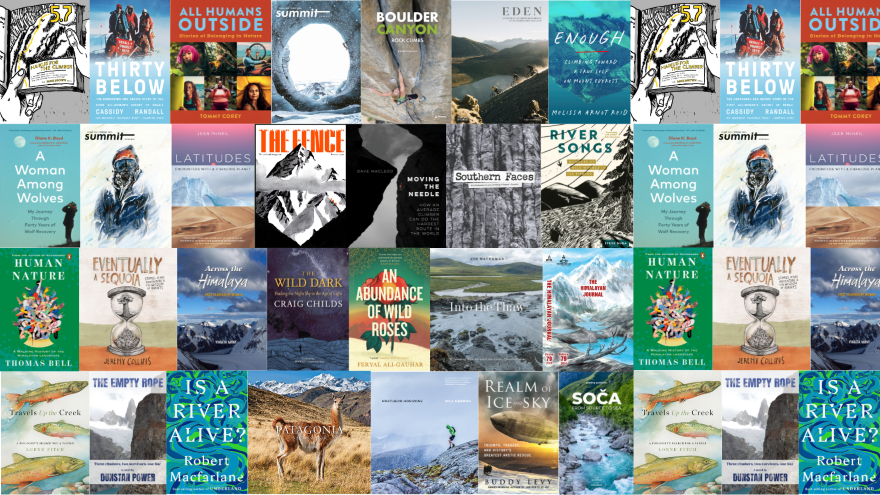Media Release | September 18, 2025 | Banff, AB
The 50th anniversary Banff Centre Mountain Film and Book Festival is thrilled to announce the 2025 Banff Mountain Book Competition category finalists.
As a key program of Banff Centre Mountain Film and Book Festival, the Book Competition is an internationally recognized literary competition that celebrates mountain literature in all its forms. $29,000 in cash is awarded annually with eight awards: Mountain Literature (non-fiction), Mountain Fiction and Poetry, Environmental Literature, Adventure Travel, Mountain Image, Guidebooks, Mountain Article, Climbing Literature, plus the Grand Prize selected by an international jury of writers, adventurers, and editors.
The prescreening committee read 142 submissions from authors in 11 countries, which were narrowed down to a longlist of 29 category finalists.
The shortlist of category award winners eligible for the Grand Prize will be announced on October 16, 2025. The Grand Prize will be announced during the festival on Thursday November 6, 2025. The 2025 Book Competition jury members are David Chambre (France), Paul Scully (UK), and Kate Neville (Canada).
Category finalists are listed alphabetically by title in each award category.
Mountain Literature (non-fiction) – The Jon Whyte Award
$3000 – Sponsored by The Whyte Museum of the Canadian Rockies
Across the Himalaya
Vineeta Muni, Neemtree Tech Labs Pvt Ltd (India, 2025)
Enough: Climbing Toward a True Self on Mount Everest
Melissa Arnot Reid, The Crown Publishing Group (USA, 2025)
Human Nature: A Walking History of the Himalayan Landscape
Thomas Bell, Penguin Random House India (India, 2024)
Moving the Needle
Dave MacLeod, Rare Breed Productions (UK, 2024)
Thirty Below: The Harrowing and Heroic Story of the First All-Women's Ascent of Denali
Cassidy Randall, Abrams (USA, 2025)
Mountain Fiction & Poetry
$3000 – Sponsored by the Town of Banff
5.7 | Haikus for the Climber
Mike Brown, Boreal Forest Books (Canada, 2024)
An Abundance of Wild Roses
Feryal Ali-Gauhar, Canongate (UK, 2024)
The Empty Rope
Dunstan Power, Black Pear Press Limited (UK, 2024)
Environmental Literature
$3000 – Sponsored by Rab
A Woman Among Wolves
Diane K. Boyd, Greystone Books (Canada, 2024)
Is a River Alive?
Robert Macfarlane, W. W. Norton & Company (USA, 2025)
Latitudes: Encounters with a Changing Planet
Jean McNeil, Barbican Press (UK, 2025)
The Wild Dark: Finding the Night Sky in the Age of Light
Craig Childs, Torrey House Press (USA, 2025)
Travels Up the Creek: A Biologist's Search for a Paddle
Lorne Fitch, Rocky Mountain Books (Canada, 2024)
Adventure Travel
$3000 – Sponsored by Rocky Mountain Books
Eventually a Sequoia
Jeremy Collins, Mountaineers Books (USA, 2025)
Into the Thaw: Witnessing Wonder Amid the Arctic Climate Crisis
Jon Waterman, Patagonia Books (USA, 2024)
Realm of Ice and Sky: Triumph, Tragedy, and History's Greatest Arctic Rescue
Buddy Levy, St. Martin's Press (USA, 2025)
River Songs: Moments of Wild Wonder in Fly Fishing
Steve Duda, Mountaineers Books (USA, 2024)
Mountain Image
$3000 – Sponsored by Mountain Life
All Humans Outside: Stories of Belonging in Nature
Tommy Corey, Mountaineers Books (USA, 2025)
Eden: A Portrait of Mountain Biking in Aotearoa New Zealand
Nick Stevenson, Thames & Hudson Australia (Aotearoa New Zealand, 2025)
Patagonia National Park: Chile
Kristine McDivitt Tompkins, Michelle Bachelet & Yvon Chouinard, Patagonia Books (USA, 2024)
Guidebooks
$3000 – Sponsored by the Association of Canadian Mountain Guides
Boulder Canyon Rock Climbs
Topher Donahue, Wolverine Publishing (USA, 2024)
Northern Horizons
Will Herman, Scottish Mountaineering Press (UK, 2025)
Soča from Source to Sea - Paddling Guidebook
Rok Rozman, Leeway Collective (Slovenia, 2024)
Southern Faces: An Introduction to Rock Climbing in Ōtepoti Dunedin
Riley Smith, WildLab (New Zealand, 2025)
Mountain Article
$3000 – Sponsored by The Lodge at Bow Lake
Behind the Curtain
Corey Buhay, Summit Journal (USA, 2025)
Fleet-Winged Ghosts of Greenland
Carolien Van Hemert, Hakai Magazine/BioGraphic (USA, 2024)
In the Shadow of the Mountain
Natalie Berry, The Fence (UK, 2024)
Something Lost Behind the Ranges
Michael Wejchert, Summit Journal (USA, 2025)
Writing Like a Mountain: Climbing Literature in the Anthropocene
Katie Ives, The Himalayan Journal (India, 2024)
Climbing Literature
$3000 – Sponsored by NOLS
Books with a primary focus on climbing from the categories above are eligible for this award. The winner will be announced October 16, 2025.
Grand Prize
$5000 – Sponsored by The Alpine Club of Canada
The shortlist of category award winners eligible for the Grand Prize will be announced October 16, 2025. The Grand Prize will be announced during the Festival on Thursday November 6, 2025.
This year’s 50th anniversary Banff Centre Mountain Film and Book Festival (November 1-9), held by Banff Centre for Arts and Creativity in Banff, Alberta, will welcome adventurers, filmmakers, authors, and photographers from around the world for an exceptional lineup featuring over 80 epic films (including World and North American premieres), plus a special Fire and Ice Symposium (November 4-5), the bustling Festival Marketplace, free talks on the Rab Stage, happy hours with live music, downtown events, exhibitions, and much more!
Don't miss our popular daytime book events, featuring authors, photographers, and explorers from around the world, including Hamish Frost, Guy Robertson, Sonnie Trotter, Joanna Croston, Hazel Findlay, Lynn Hill, Lydia Bradey, Sarah Hueniken, Brette Harrington, Sharon Wood, Tom Bell, Jean McNeil, Jeremy Collins, Cassidy Randall, Greg Hill, and Craig Childs.
The Festival schedule is available to view online. Tickets and passes can be purchased at banffmountainfestival.ca or Banff Centre Box Office.
Film competition finalists will be announced October 2.
Online films will be available following the Festival from November 12-23, 2025 (available in CAN/USA only).
